
What mental health campaigns get wrong about silence
Well-meaning campaigns urge openness and conversation about mental health struggles. But there are those who cherish silence
by Dan Degerman

Well-meaning campaigns urge openness and conversation about mental health struggles. But there are those who cherish silence
by Dan Degerman

In an investigation of compulsions, a book connects our modern understanding of OCD to accounts from previous eras
by Matt Huston

In the sensory and communal modes of healing that people have used throughout history, there is guidance for today
by Mariem El-Kady

Video by The Search for America

Unemployed and isolated, the residents of a hikikomori rehab centre hold up a mirror to a society that’s failing them
by Alain Julian
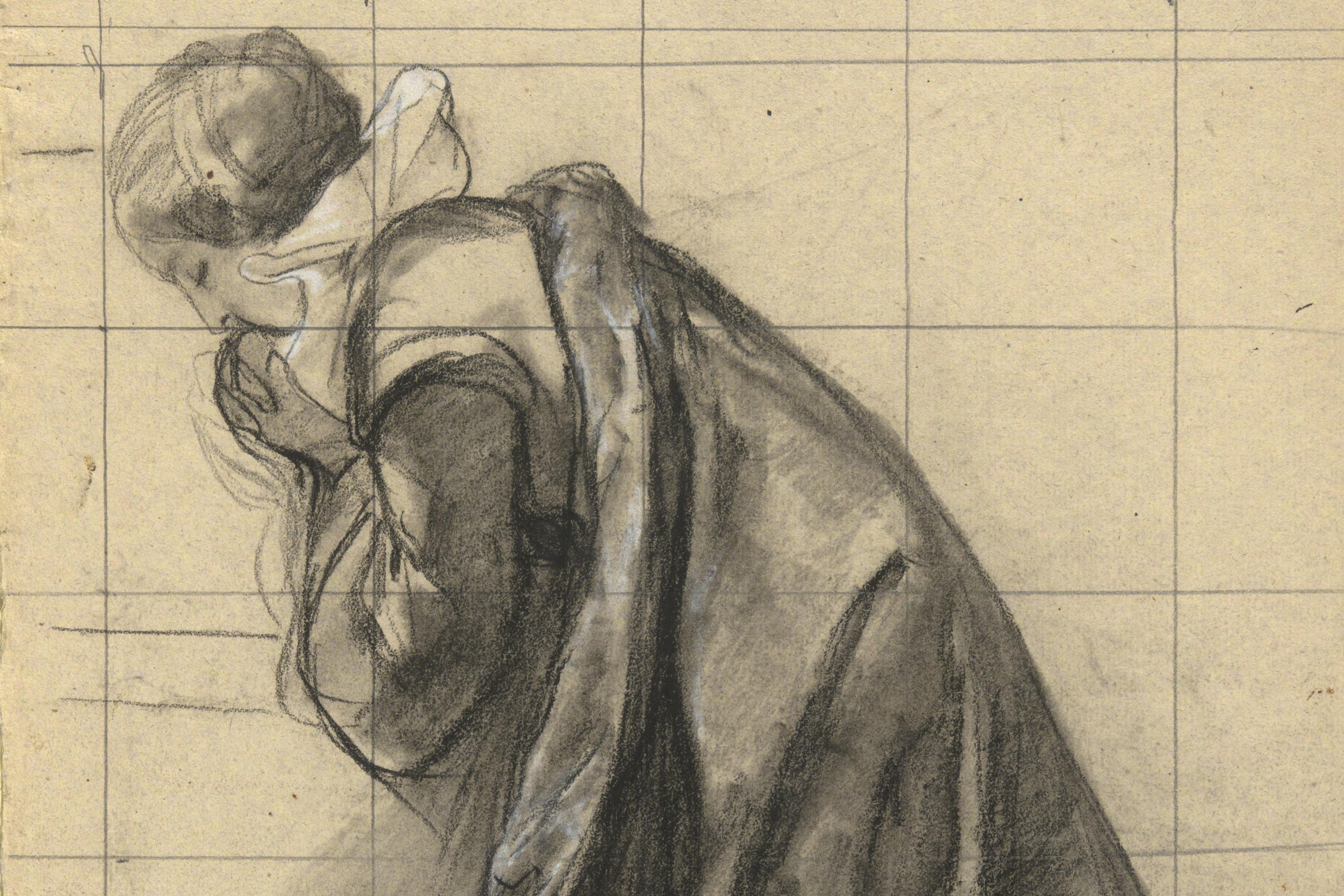
The group at the heart of American origin stories had a complex relationship with despair – and a need to reckon with it
by Alexandra M Lord

With stigma and misunderstanding surrounding mental health, it’s vital to know the benefits and limits of a formal diagnosis
by Awais Aftab
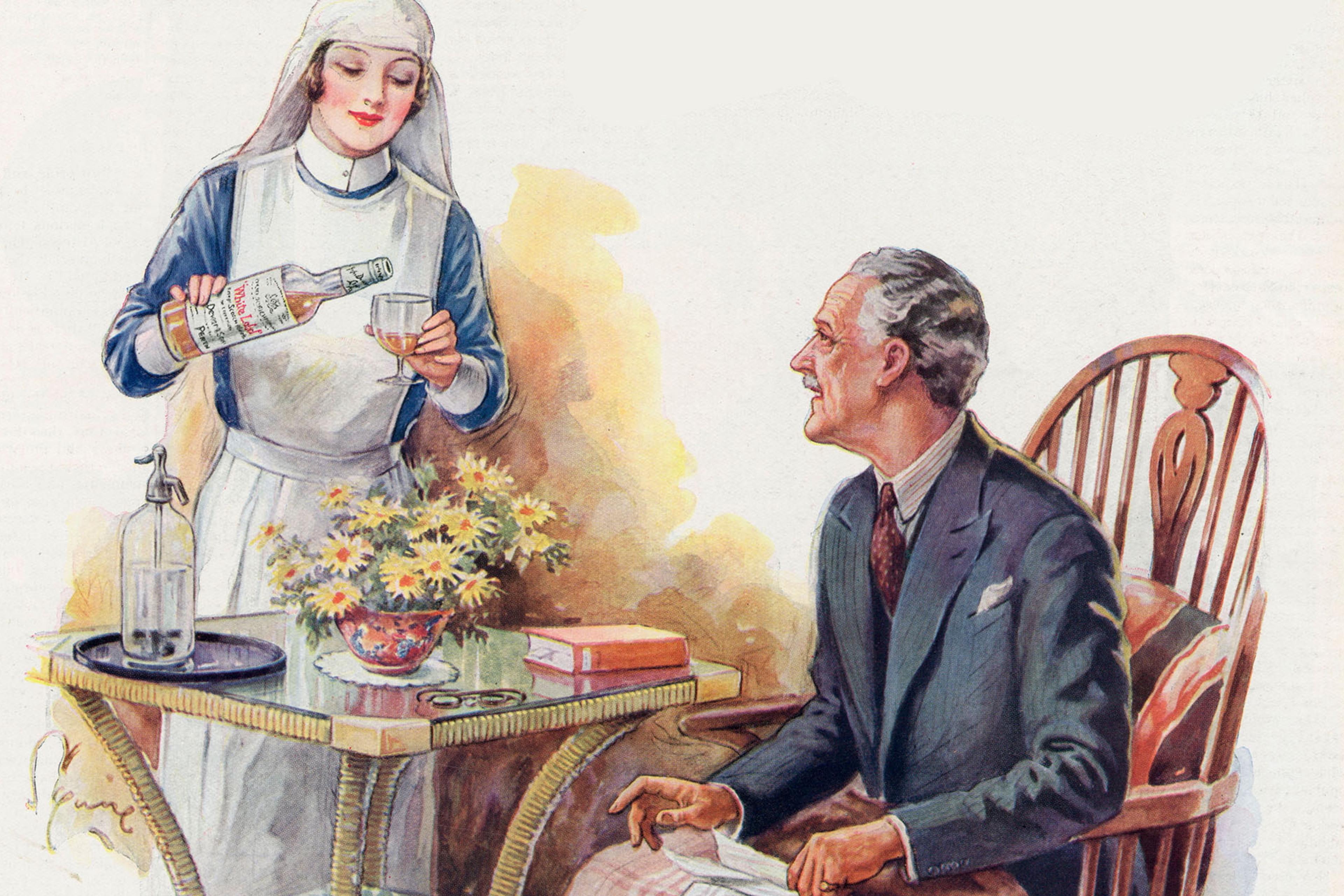
Empirical studies tell us about treatment outcomes, but they overlook the cultural dynamics that can help us feel better
by Ana Todorović

Moving from Belgrade to Toronto, learning the social ‘rules’ fostered my sense of belonging. But there’s an important caveat
by Ljiljana Radenović
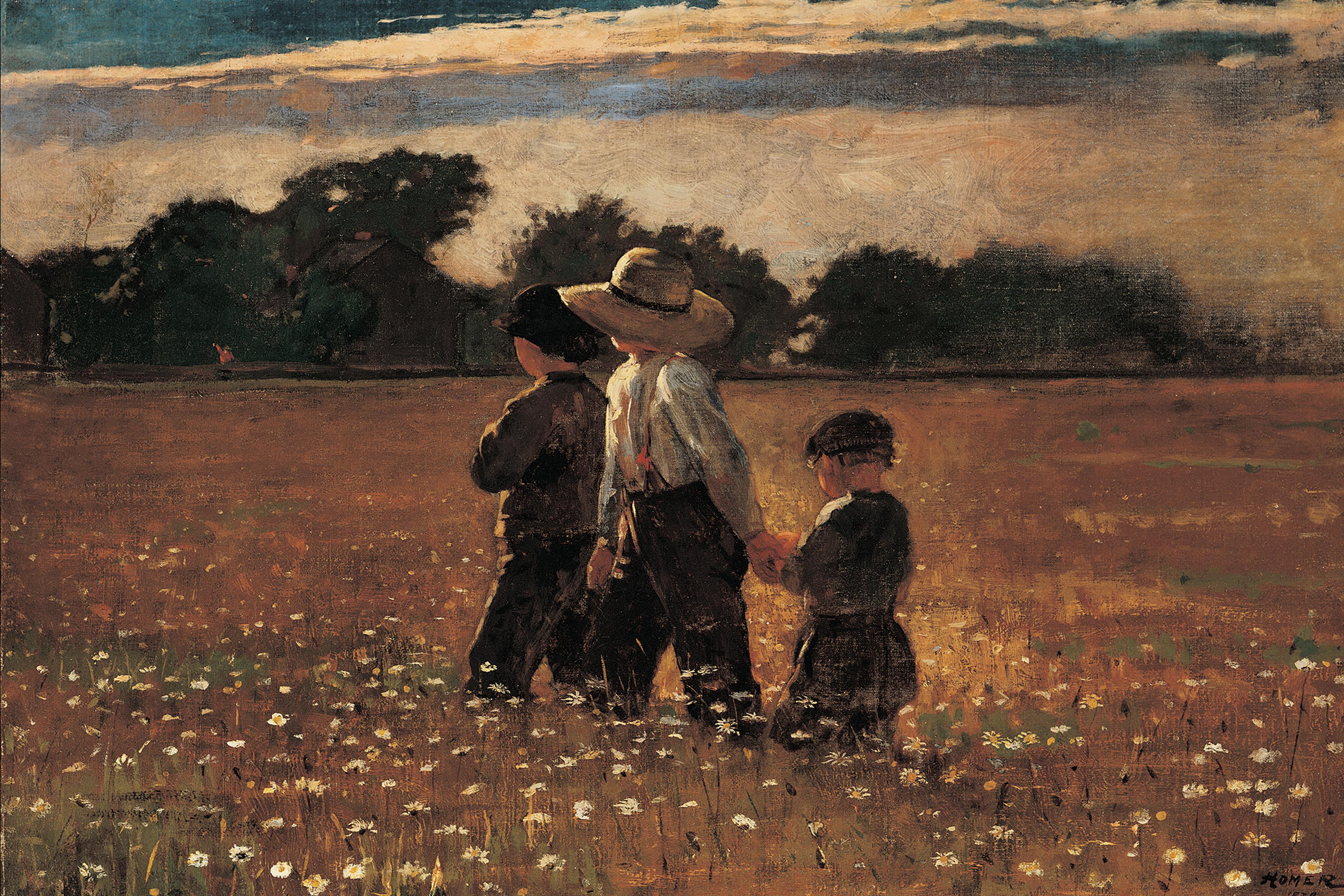
Nostalgia was, in Freud’s day, an illness steeped in the past. Today, it can be a joyful emotion that reframes the future
by Agnes Arnold-Forster

When early cinema weaponised the sight of women’s laughter, it borrowed from flawed psychiatric ideas about female hysteria
by Maggie Hennefeld
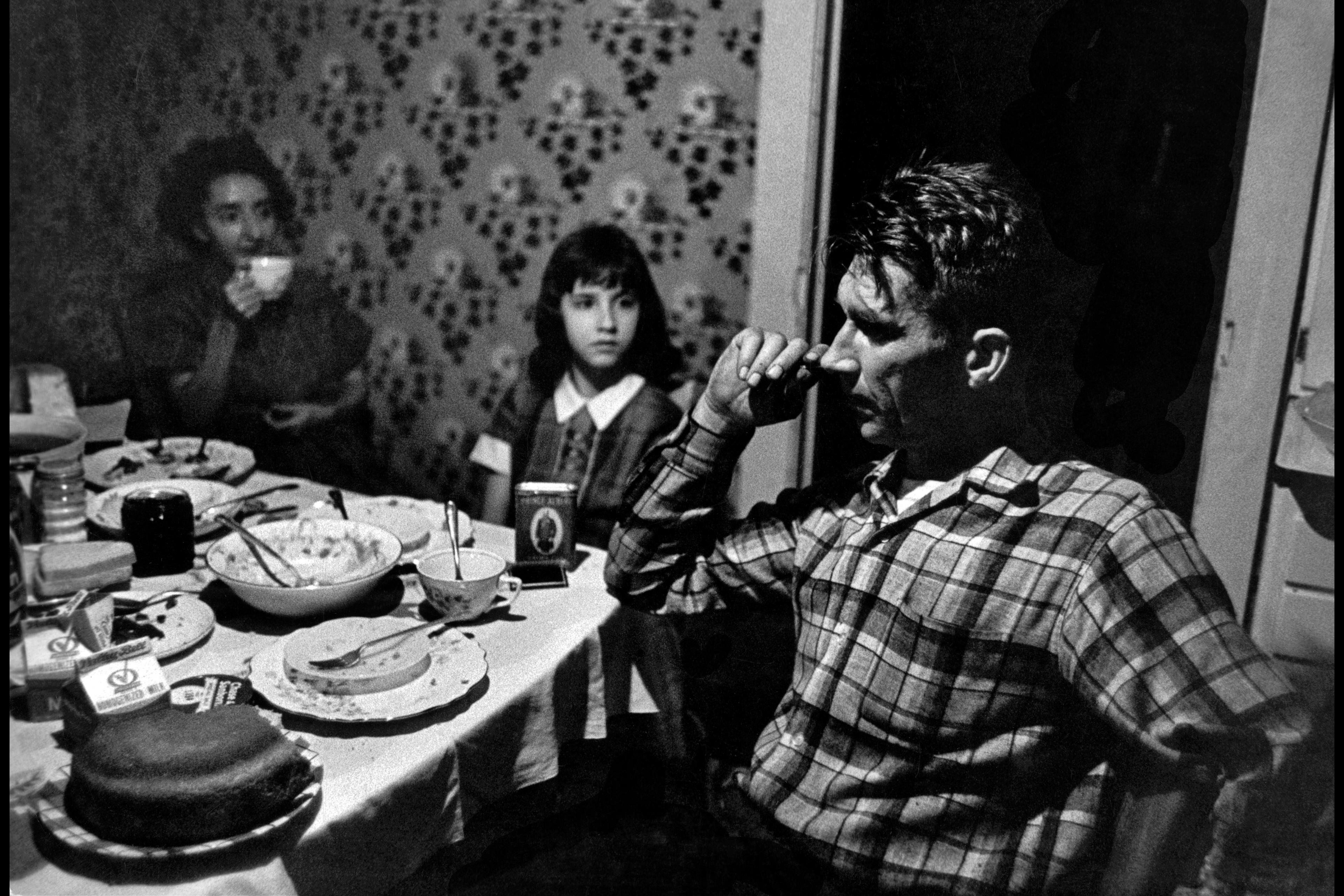
Decades ago, pioneering research linked mental illness and economic deprivation. It’s time to take the implications seriously
by Matthew Smith

Human bodies and mental states are always transforming. How can the DSM portray the full range of human suffering?
by Christos Tombras
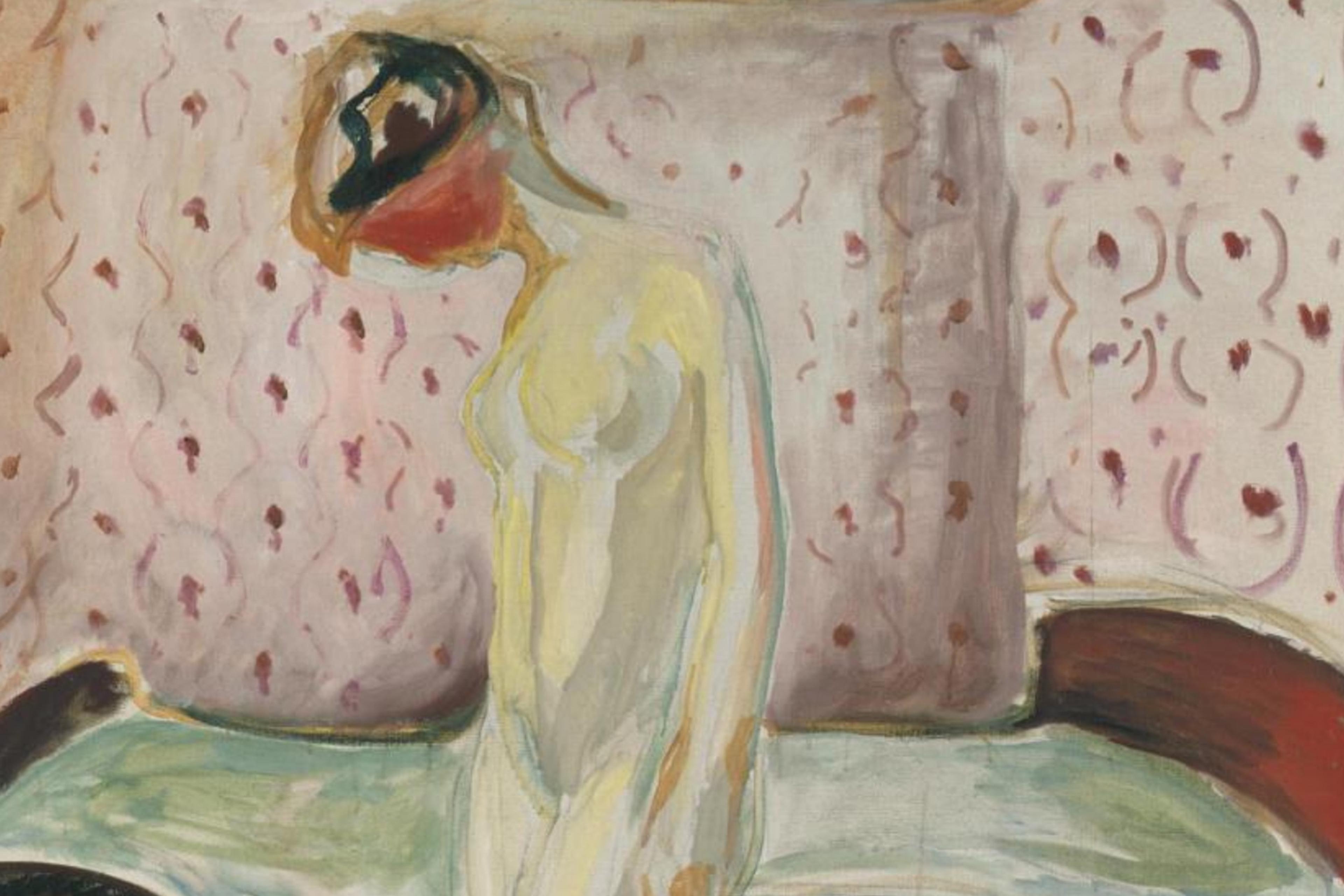
How phenomenological tools can help foster a relationship of true listening between clinicians and people with psychosis
by Rosa Ritunnano & Kasim Qureshi

Trauma encompasses a variety of experiences and manifests in many ways. But there are risks to stretching the concept too far
by Ahona Guha

Mental disorders are usually seen as the causes of symptoms. In the network perspective, symptoms are causes themselves
by Richard J McNally